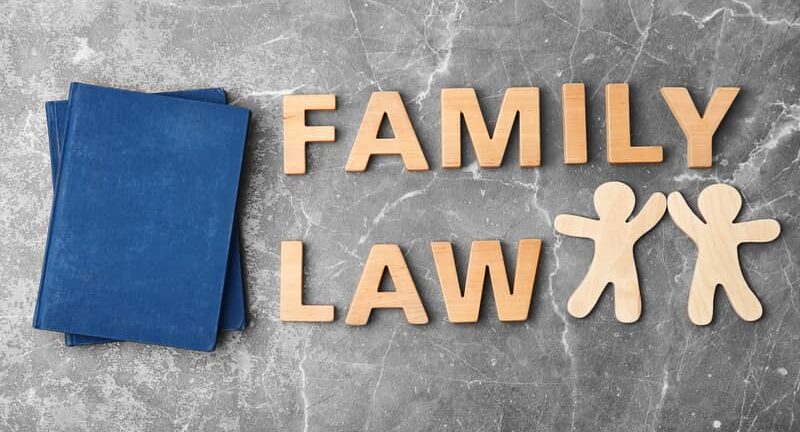
 Today we will explore the North Carolina approach to collaborative divorce. Established in 2003 via amendment to the North Carolina General Statutes, this legal process leverages alternative dispute resolution to help spouses complete the divorce process as quickly and efficiently as possible.
Today we will explore the North Carolina approach to collaborative divorce. Established in 2003 via amendment to the North Carolina General Statutes, this legal process leverages alternative dispute resolution to help spouses complete the divorce process as quickly and efficiently as possible.
How Does North Carolina Define Collaborative Divorce?
In Chapter 50, Article 4 of the North Carolina General Statutes, we can find the state-specific definition for collaborative divorce, which is referred to legally as collaborative law.
Under Article 4, collaborative law is a legal procedure that allows a husband and wife to resolve divorce and other marital disputes without involving the courts. Instead of going through lengthy court proceedings, the spouses work together to find a mutually acceptable solution to their problems.
Throughout this process, the spouses will have to account for the standard issues in any divorce. They will have to agree upon the proper division of their property, distributing ownership as they see fit. If the spouses have children together, they will work together to determine the custody arrangements. In certain cases, they will also agree upon the presence and amount of child support, alimony and other support payments.
What are the Requirements for Collaborative Divorce?
As outlined in Article 4, the husband and wife must agree in writing as to the parameters of their collaborative divorce. To be effective, the husband, wife and their lawyers must all sign the writing. The written agreement must outline all relevant understandings concerning the collaborative divorce, such as property division, child custody and support payments.
There is an additional detail to account for with collaborative divorce agreements. If the spouses are unable to reach an agreement through the collaborative divorce process, the attorneys must withdraw from the case. Those same attorneys are not allowed to represent the spouses in future divorce proceedings.
Are Collaborative Divorce Proceedings Confidential?
Article 4 provides that collaborative divorce proceedings are confidential and privileged. This means that all statements, communications and work product related to the collaborative divorce would be inadmissible in future divorce proceedings. This applies to statements, communications and work product from the spouses, attorneys and third-party experts.
Do You Have Questions for a Skilled Family Law Attorney?
Whether you are dealing with collaborative divorce or other aspects of family law, it is vital to tread carefully. Fortunately, an experienced family law attorney can analyze your situation and help you work toward a positive outcome. Located in Charlotte, North Carolina, Powers Landreth PLLC is prepared to assist you with your family law case. Don’t hesitate to reach out to us today for professional assistance.
Resource:
ncleg.net/EnactedLegislation/Statutes/HTML/ByArticle/Chapter_50/Article_4.html
Related Posts
Equitable Adoption in North Carolina
The doctrine of Equitable Adoption is a judicially created “equitable” remedy...
Charlotte Child Custody and Contempt of Court
The North Carolina Court of Appeals ruled this week on a longstanding Charlotte...

